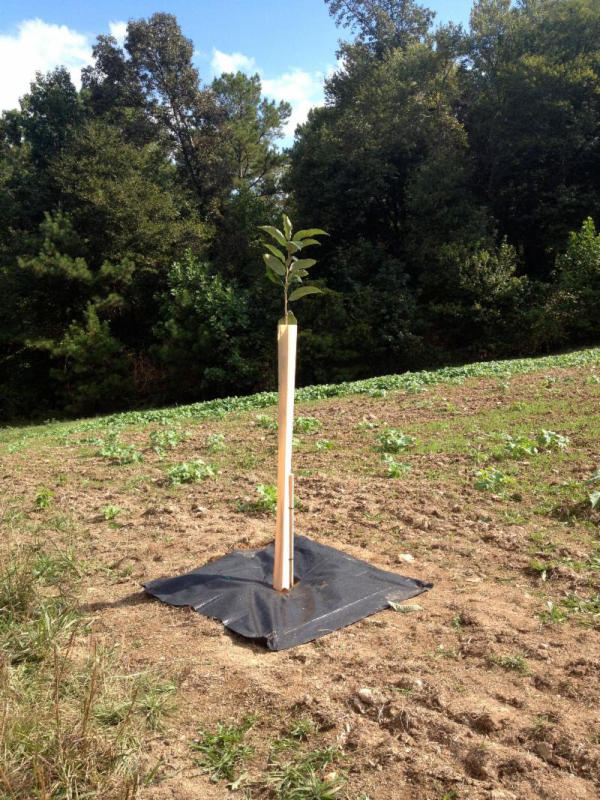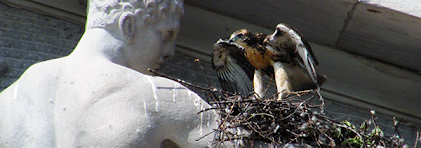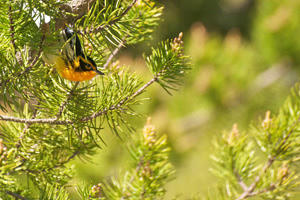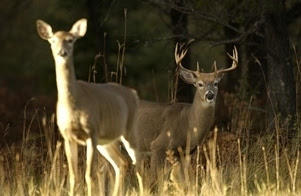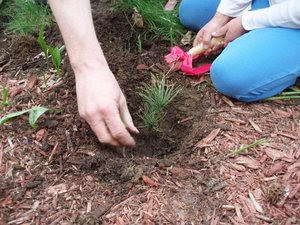Michigan: a pair of spring wildlife surveys is under way
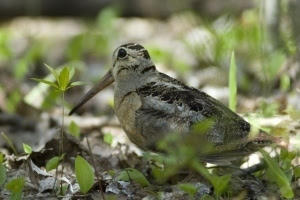
The Michigan Department of Natural Resources is conducting two wildlife surveys across northern Michigan in May – the American Woodcock Singing-Ground Survey, which involves an intricate aerial dance of a migratory bird, and a bear hair snare survey, literally snagging bear hair on barbed wire.
“Wildlife surveys are one of the most enjoyable parts of our jobs,” said Dale Rabe, DNR wildlife field operations manager in Traverse City. “Being able to hear or see the wildlife we manage or, in the case of the bear survey, being able to find evidence of their presence is a pretty good time in the woods.”
Annually, the woodcock survey is performed across much the northern United States, giving wildlife agencies an idea of breeding populations. Woodcock migrate annually to southern Gulf Coast states from eastern Texas to Florida and return to northern latitudes, including Michigan, to find a mate and breed. Michigan is a national leader for the number of young woodcock that are produced each year.
Spring, when their unique breeding behavior can be seen and heard in the evenings, is the perfect time to count male woodcock.
“Male woodcock will be in their singing grounds, or grassy openings, just after sunset ‘peenting,’ and they’ll start their spiral display flights,” said Bruce Barlow, DNR wildlife biologist in Gladwin. “While they are on the ground, they will call a ‘peent’ every four to five seconds. You may have heard this nasal insect-like call before, but may have never realized it was a woodcock making that sound!” Read more

